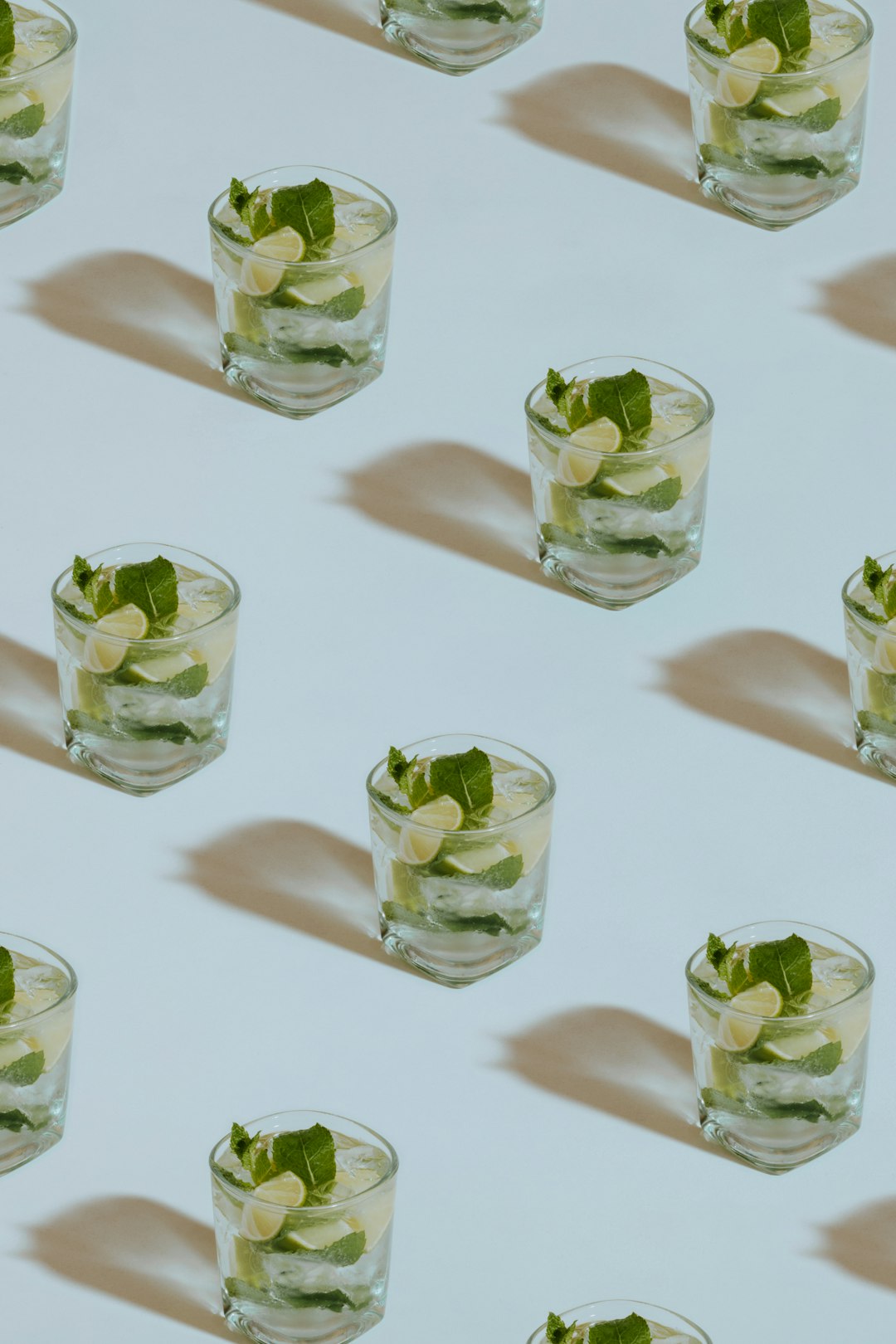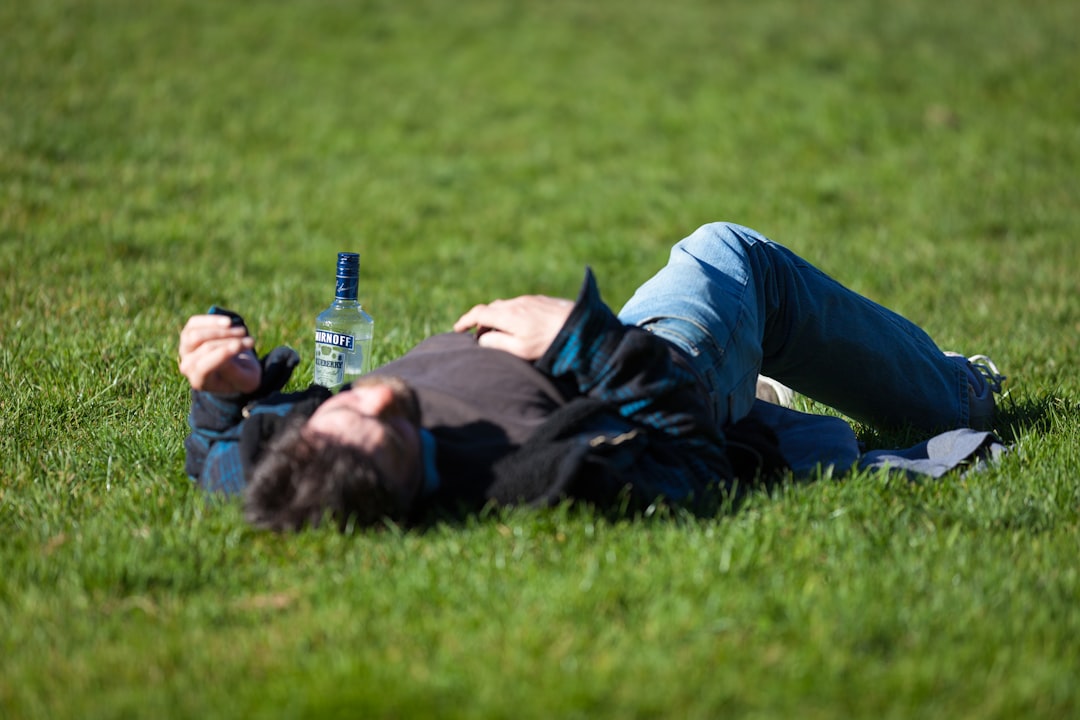Reduce Alcohol Consumption with Meditation & Hypnosis
Do you wish you could counter the cravings & regain control?
If you have found yourself with a hangover you regret, concerns that you drink too often and when you do … more glasses are consumed that you’d like - this is for you!
Alcohol Consumption Gone Wrong
The majority of the population, in most age groups, drink alcohol. As a direct result of the isolating nature of ‘lockdowns’, alcohol issues increased by 21%!
Many wish they drank less and some find their entire lives being destroyed by it.
Yet we manage in society to make it appear as it’s a very normal part of every day life. In fact we do what the marketing world did in the 20’s to Tobacco smoking, we manage to glamourise it!
When drinking only occasionally, there really isn’t any issue and there’s no reason to assume everyone who drinks alcohol will one day find themselves over indulging. There are plenty of people who can enjoy a glass of wine with a meal once or twice a week, other who’s only tipple is a once a year Brandy.
Then there’s those who suffer with addiction to alcohol. Where there’s a physical addiction it may go beyond the remit of being treated as a habit they want to overcome. If physical addiction is the issue, medical supervision is sometimes required as stopping or reducing intake can become dangerous.
Then there’s the binge drinker who may not drink very often, but just can’t stop once they’ve started. This is also a dangerous behaviour.
And then there’s the daily drinker who uses alcohol as an end of the day treat, who are finding they’d like to go back to drinking when socialising and quit the drinking at home.
Why do we drink alcohol?
One Mojito, Two Mojito, Three Mojito Four …
When does the number become something that makes your feel “Arrggooorrrrhhh”

People start to drink alcohol in the first instance because it’s culturally associated with being adult, having fun, relaxing, socialising and more.
Young people crave the things they are forbidden. Which is why some argue allowing older children to join the adults with a glass of watered down wine with a meal, can help to prevent the obsession later in their lives with having the ‘forbidden fruit’.
We build in unconscious connections in our belief systems based on what we see, think, feel and hear around alcohol.
There are people who will never touch a drop of alcohol, having experienced trauma as a child when adults around them drank.
There are those who’s childhood trauma actually leads to them finding alcohol an escape, a dangerous path to travel which often leads to addiction.
Then there are those who see a glass of wine as a way to wind down after a busy day. And that’s fine until that glass becomes … a bottle. And it’s not only on weekends but Monday, Tuesday, Wednesday etc
People who have visited my clinic to work on reducing their alcohol consumption, first ask how can they tell if they are addicted.
Those who invest in the highly regarded 12 step recovery programmes might say,
when it costs you more than money, you might be addicted to alcohol
That’s a good adage but not everyone who struggles to reduce alcohol is addicted, not physically anyway.
Mentally their effort to resist alcohol can consume their thoughts and in fact this focus activates the cravings even more.
What you resist … persists.
The Role Of Dopamine in Increased Alcohol Consumption
People have mistakenly presumed dopamine is one of the ‘pleasure chemicals’ and believe that is why it’s addictive.
In fact dopamine’s job is really to help you ‘remember’ where you found the thing that you really needed.
Imagine you are a caveman and you’re out hunting for food. You’ve travelled many miles and finally, you discover an abundant source of what you need.
Dopamine is released in order to help you remember where you found the food. The reward centre receives the dopamine and you experience a sense of relief.
You were previously seeking something you needed. Needing something is seen as a craving … and cravings are considered to be on the side of discomfort.
A relief from the craving is therefore experienced as pleasure. Not because you were provided with a pleasure chemical like Oxytocin, Serotonin or Endorphins, but because the negative emotion was dissolved and the reward centre activated.
Your clever brain is designed to encode as much information about the desired ‘relief’ as possible.
It will record what you see, feel, hear, the location and more.
You can begin to see why dopamine literally wires in drinking as a source of relief.
Unfortunately, it’s also responsible for your ability and desire to have more to experience the same level of ‘satisfaction’ you had before.
Habitually overstimulating the reward center overwhelms the pathways in the brain. It becomes harder for dopamine to release. Unfortunately here’s where your brain will therefore do two things …
decrease dopamine production
reduce dopamine receptors
More of the same is required to achieve the relief, this is why it becomes habituated and alcohol is consumed at higher levels.
No need to panic though. Neuroscientists have shown that any excess production of dopamine can be resolved when the behaviour knitting the actions with the activity are reduced. A break is really helpful in achieving this, a complete break for a period of time may be more important if you’ve been increasing consumption for some time.
Your brain just needs time to reset.
Other reasons people have an unconscious desire to drink alcohol…
Alcohol literally numbs down, dumbs down and withdraws consciousness, that is often seen as a reduction of stress.
As the usual behaviour manager (frontal cortex), goes off to sleep when drinking - people behave in ways they wouldn’t normally do when … sober.
Depending on the meaning given to the response of others, this can in itself make the idea of drinking alcohol seem more appealing.
Either the individual feels less inhibited and that feels good … or the reactions of others if positive, bolsters the desire to be ‘appreciated’ in that way.
It’s worth keeping in mind, it can be difficult when inebriated to know if people are laughing ‘with you’ or ‘at you’.
Before any changes to drinking habits can be successful, it’s a good idea to evaluate and seek to understand what isn’t consciously obvious.
One of the best things you can do for yourself when it comes to changing your attitude towards drinking … is examine what your deep mind believes it does for you.
When you sit with each question here, allow yourself to mindfully listen to the answer that comes. Don’t try to force the answer, rather listen…
What do you think drinking alcohol does for you?
What do you imagine you would miss if you stopped drinking altogether?
What do you think people’s attitude towards your change in drinking will be?
Then continue your analysis by answering these questions.
What are you afraid will happen if you drink less?
What are you afraid won’t happen if you drink less?
What are you afraid will happen if you don’t change your drinking habits?
What are you afraid won’t happen if you change your drinking habits?
What do you know about yourself, your behaviours, your unconscious beliefs and fears?
Congratulations! Examining your unconscious is a major step towards change!
How Can Hypnosis & Meditation Help You to Reduce Alcohol Consumption?
There are many tools to support changing behaviours.
Understanding the purpose and meaning of the behaviour is a very important beginning.
Hypnosis is helpful in reducing the conscious mind’s resistance to change. The chatter that can prevent really getting in touch with what your motivation actually is, the reality of what drinking alcohol actually is … and more
Meditation achieves the same.
By bringing your mind into a more relaxed state - whilst holding the vision of yourself as you desire yourself to be …
in control of your behaviour
compos mentis (in control of your mind)
capable of making positive decisions
experiencing a true reality (be more present)
healthier (less alcohol means your body detoxes, refreshes, renews)
a longer life
slimmer (if overweight, you’ll find your body reduces in size)
without the internal judgement
without the internal guilt
without the internal shame
Respect the ‘part’ that thought it was doing something positive for you.
Whilst with the clarity you now have after reading this far, it can seem strange to assert there was anything positive about drinking to excess, it’s helpful to recognise that we are humans made up of many parts.
We have parts that take care of us.
We have parts that punish us.
All parts are equal in that they deem their actions to be about protecting you from something.
Parts therapy, parts work, parts examination is a truly rewarding and insightful part of my work. I use trance state to help my clients feel more at ease when imagining the parts, their purpose, their fears and their origins.
This topic is worthy of an entire book, but I’ll work on an article as soon as I can.
It’s also worth keeping in mind that there is no such thing as a bad person, only bad behaviours - this attitude means you remove all judgement and focus entirely on positive change.
Simple Task
To conclude it’s a really good idea to actually write a list of the pros and cons.
Make two columns.
Just let the thoughts flow …
You can add to the list any time you want.
Next …
Next to the perceived Pros - challenge that. Reframe the beliefs. Make note on what is actually true.
For example:
I feel more relaxed when I drink.
is actually …
I think less about the things that stress me out but those stressors come back as soon as I’m sober
Next to the Cons - write what the opposite of that will be.
For example:
I gain weight far too easily when drinking
can become a new Goal such as
I’m looking forward to losing weight without effort, simply choosing what to do less!
You’ll find below you can access the Hypnosis & Meditation audios should you choose to sign up as an Enhanced Life member (substack paid subscriber). Those are designed to help you begin changing your ‘mind’ about drinking, so lessen the perceived ‘positive’ that your dopamine receptors had recorded.
Everything in Hypnotherapy, is about helping someone to literally rewire their neural networks and develop new positive and empowering beliefs to support you in enhancing your life!
I look forward to you joining the community of like minded life enhancers!
Keep reading with a 7-day free trial
Subscribe to Enhanced Life ~ Mind Wellness, Body Health & More! to keep reading this post and get 7 days of free access to the full post archives.





